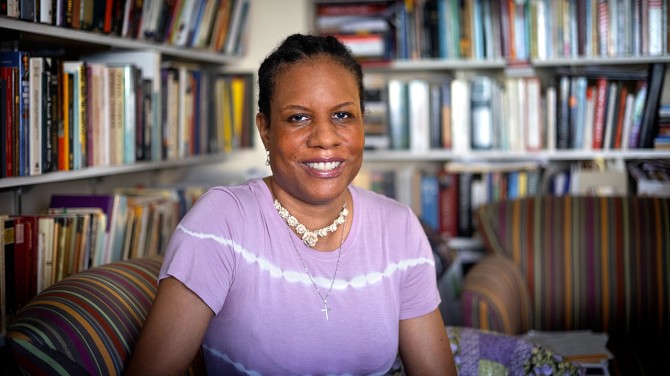One of our Reef Guardian Councils, Townsville City Council, installed a fence to protect an important Magnetic Island flatback turtle nesting beach.
Until now, illegal campers and vehicles were damaging nests and coastal vegetation in this area, which is important for shading turtle nests.
Great Barrier Reef Marine Park Authority Assistant Director of Reef Conservation Mark Read welcomed the initiative.
“This is a relatively simple but effective way our local council is able to support nesting turtles and their hatchlings,” he said.
“Turtle hatchlings face a number of challenges like finding the right way to the ocean, avoiding other animal predators, and the impacts of rising sand temperatures.
“Any efforts to help them get to the ocean safely is strongly supported. Fencing this area at Radical Bay provides turtles with a safe, cool spot to lay their eggs and safe place for these hatchlings to develop.
“The eggs stay buried for about seven to 12 weeks before they begin to hatch. The hatchlings then take two or more days to reach the surface where they emerge as a group, usually at night.”
This year many of the island’s turtle hatchlings succumbed to high temperatures and this new fencing will help protect this flatback turtle nesting site for the future.
Townsville Mayor Jenny Hill said the council took its responsibilities as a Reef Guardian Council seriously.
“The Great Barrier Reef is often listed as one of the great natural wonders of the world and, for Townsville residents, it is right on our doorstep,” Cr Hill said.
“We must do everything we can to protect it and the many species, like the turtles, that call it home so it can be enjoyed by future generations.
“The installation of this fence art Radical Bay was something simple Council could do to help to protect nesting turtles and their hatchlings.”
The temperature of a turtle’s nest during incubation determines the sex of hatchlings. Warm, incubation temperatures produce mainly females with cooler temperatures producing mainly males.
Higher temperatures, as a result of climate change, are leading to a scarcity of adult male turtles – so there’s fewer males to mate with females, raising concerns for the future health and functioning of our turtle populations.
The Reef Guardian Council program is a collaborative stewardship arrangement between local government in the Great Barrier Reef catchment and the Great Barrier Reef Marine Park Authority.
The program recognises that local and regional approaches are central to protecting and managing the Reef and the communities it supports.








